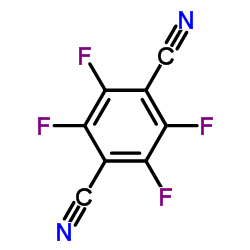| Structure | Name/CAS No. | Articles |
|---|---|---|
 |
2,3,5,6-Tetrafluoroterephthalonitrile
CAS:1835-49-0 |
|
 |
argon-40
CAS:1290046-39-7 |